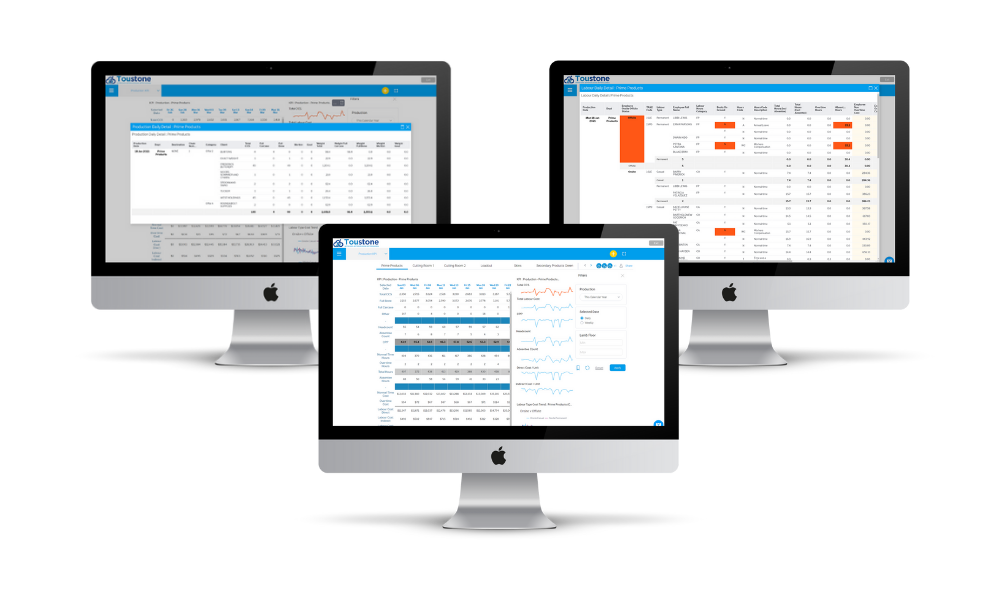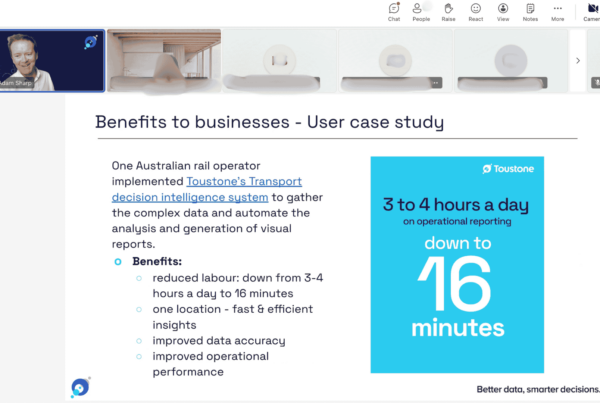Data-driven organisations make data science a core part of their business strategy, processes, and culture.
Data-driven organisations use data to revolutionise their business by creating a platform for fact-based decision-making. Being data-driven has clear advantages over those who just run on their ‘gut feeling.’
What are the advantages of data-driven organisations? Read on to find out.
1. They thrive on efficiency
Being data-driven creates an infrastructure of efficiency. Less time is spent hunting down data, compiling reports, and analyzing the meaning. This allows for more time spent focusing on the insights generated, easily recognizing patterns, and taking action based on what is learned. Using real-time insights for real-time decision-making saves time and money.
2. They are adaptable
The data-driven organisation is more responsive to a changing business environment. The ability to adjust your course and respond to the market with real-time insights means you can see what’s coming and seize new opportunities. We live in a digital age where changes occur rapidly, and we must adapt to stay relevant. Data is the key to future-proof your organisation.
3. They utilise every resource possible
Too many organisations have a lot of data but they don’t know what to do with it. This is like sitting on a gold mine and not knowing how to dig. The data-driven organisation wastes no resource. Every scrap of data is efficiently extracted and transformed into insights. Existing data is looked at in novel ways to garner more meaning. Is your organisation sitting on a gold mine of data?

4. They consider the organisation as a whole
Often people think that data only applies to certain departments, but for consistent, confident decision-making the whole organisation needs to rely on data. Consider the Navy SEALS as an example. When they decide on a mission, they have to take into consideration data from several areas before they act – things like political effects, organizations involved, and the latest intelligence gathering. Without a holistic approach each area would act on their own information. They would easily dissolve into chaos and, as former SEAL Brent Gleeson put it, be made to “fight against ourselves before we could fight the enemy.”
For effective collaboration, everyone in the organisation must use data to see the bigger picture and take efficient action. Relying on data takes the guesswork out of the equation and results in consistent decision-making across the board.
5. They experience exponential growth.
Amazon. Google. Their entire model is built around exploring data and using it to the fullest advantage. Fair to say the model has worked for them – imagine if Amazon had stuck to selling books.
Being driven by data unlocks efficiencies and allows you to adapt to whatever comes your way. It squeezes every last drop out of available resources and creates a cohesive organisational culture. It opens up the path to exponential growth.


